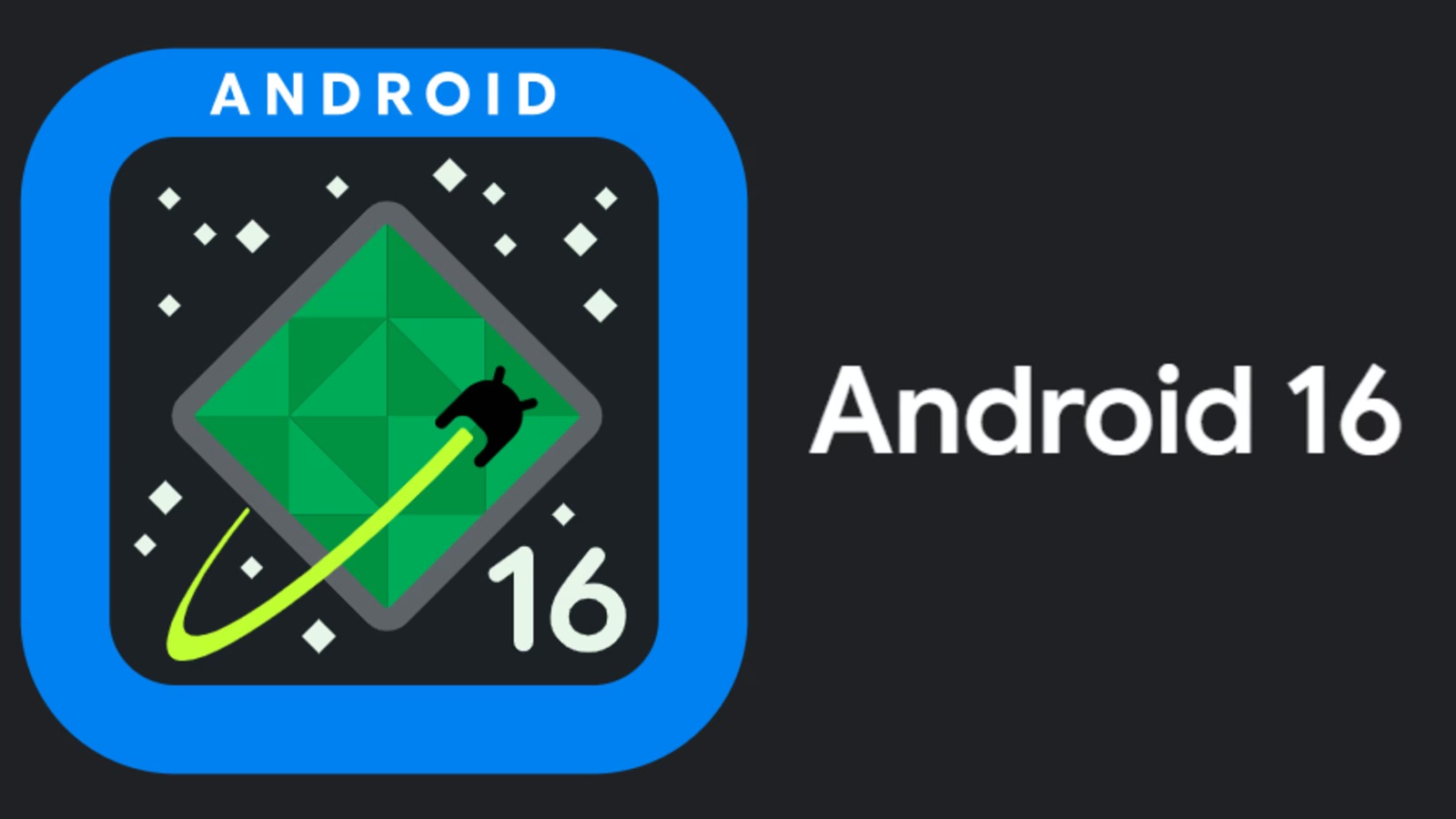Motor company Ford and Google today announced a unique strategic partnership to accelerate Ford’s transformation and reinvent the connected vehicle experience. Ford has also named Google Cloud its preferred cloud provider to leverage Google’s world-class expertise in data, artificial intelligence (AI), and machine learning (ML). As part of this new, six-year partnership—and beginning in 2023—millions of future Ford and Lincoln vehicles at all price points will be powered by Android, with Google apps and services built-in.
To drive ongoing innovation, Ford and Google are establishing a new collaborative group, Team Upshift. Leveraging the talent and assets of both companies, Team Upshift will push the boundaries of Ford’s transformation, unlock personalized consumer experiences, and drive disruptive, data-driven opportunities. This may include projects ranging from developing new retail experiences when buying a vehicle, creating new ownership offers based on data, and more.
“As Ford continues the most profound transformation in our history with electrification, connectivity, and self-driving, Google and Ford coming together establish an innovation powerhouse truly able to deliver a superior experience for our customers and modernize our business,” said Jim Farley, President, and CEO of Ford.
“From the first moving assembly line to the latest driver-assist technology, Ford has set the pace of innovation for the automotive industry for nearly 120 years,” said Sundar Pichai, CEO of Google and Alphabet. “We’re proud to partner to apply the best of Google’s AI, data analytics, compute and cloud platforms to help transform Ford’s business and build automotive technologies that keep people safe and connected on the road.”
As its preferred cloud provider and starting later this year, Google will help Ford leverage Google Cloud’s AI, ML, and data analytics technologies to accelerate the automaker’s digital transformation, modernize operations, and power connected vehicle technologies with Google’s trusted, secure, and reliable cloud. With Google Cloud, Ford plans to further improve customer experiences for customers with differentiated technology and personalized services. The partnership also seeks to accelerate the modernization of product development, manufacturing, and supply chain management, including exploration of using vision AI for manufacturing employee training and even more reliable plant equipment performance. Lastly, the two companies want to fast-track the implementation of data-driven business models resulting in customers receiving real-time notices such as maintenance requests or trade-in alerts.
The organizations have a shared vision to bring enjoyable, safer and more efficient connected vehicle experiences built to minimize driver distraction and keep customers at the forefront of technology with over-the-air updates. Beginning in 2023, Ford and Lincoln customers globally will start to benefit from unique digital experiences built on top of the Android operating system, and with Google apps and services built-in, which include world-class map and voice technology with Google Assistant, drivers can keep their eyes on the road and hands on the wheel, by getting things done with just their voice. Also, with Google Maps as the vehicles’ primary navigation, drivers can reach their destination faster with information on real-time traffic, automatic rerouting, lane guidance, and more. Lastly, with Google Play, drivers will have access to their favorite apps for listening to music, podcasts, audiobooks and more. These apps are optimized and integrated for in-vehicle use.
Android in the car also enables Ford and third-party developers to build apps that provide a constantly improving and ever-more-personalized ownership experience.
“We are obsessed with creating must-have, distinctively Ford products and services,” said Farley. “This integration will unleash our teams to innovate for Ford and Lincoln customers while seamlessly providing access to Google’s world-class apps and services.”





























